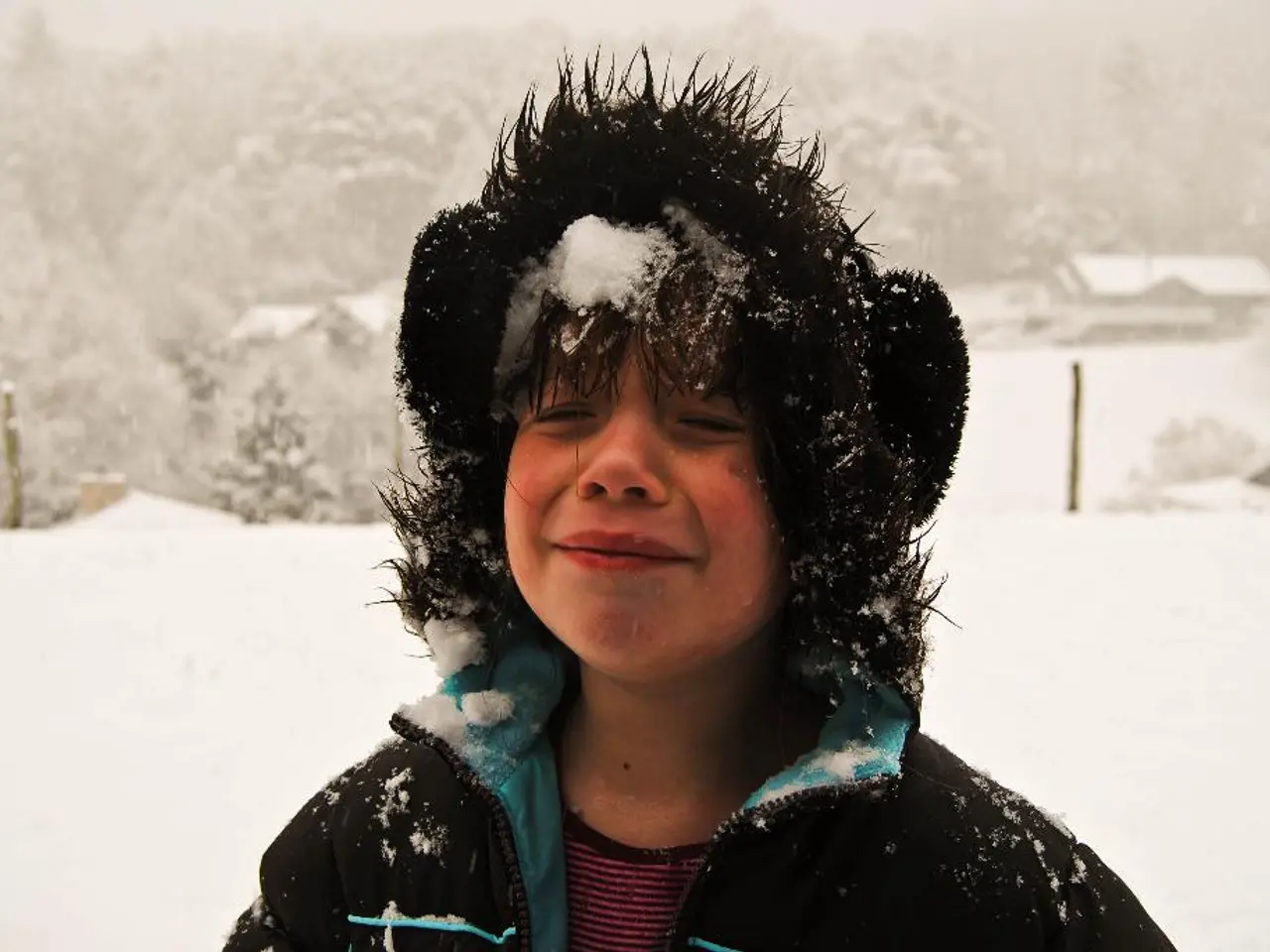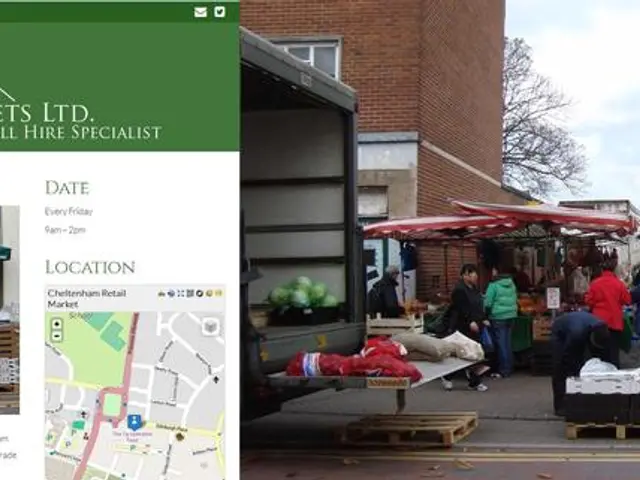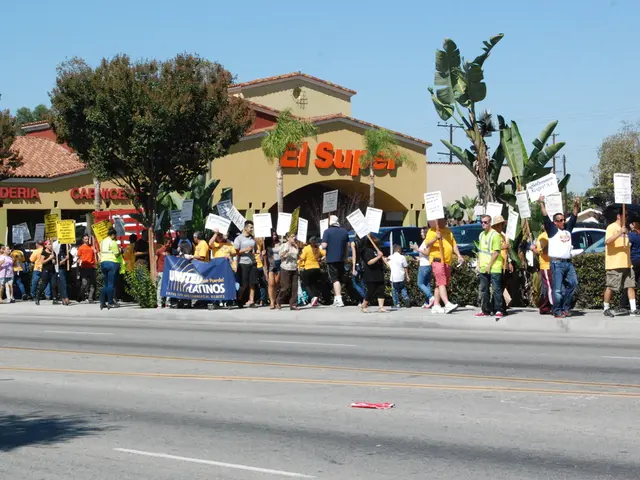Struggling with the Emotional Scars of Being an Unnoticed Child?
Lost children, those who have experienced significant neglect, emotional abandonment, or trauma in childhood, often face long-term effects such as post-traumatic stress disorder (PTSD), anxiety, depression, low self-esteem, and challenges in forming healthy relationships [1][3][5].
The journey towards healing and recovery for lost children is unique to each individual. It involves addressing past traumas, challenging negative beliefs, developing healthy coping mechanisms, and building self-esteem.
One of the essential components of this journey is building a support network of trusted individuals who can provide emotional support. Lost children often have difficulty identifying and expressing their emotions due to a lack of emotional support during their upbringing and a fear of vulnerability and rejection [3].
Forming friendships can be challenging for lost children, as they may struggle with initiating and maintaining social connections due to fear of rejection or discomfort in social settings. However, seeking support is crucial for lost children on their journey towards healing and recovery [4]. Therapy and counseling provide a safe space for them to explore their emotions and develop healthy coping mechanisms.
Therapeutic interventions such as trauma-focused cognitive behavioral therapy (CBT), Eye Movement Desensitization and Reprocessing (EMDR), and other trauma-informed therapies specifically address unresolved childhood trauma and its emotional triggers [1][5]. Acknowledging and accepting trauma may involve working with culturally sensitive or specialized therapists to navigate feelings of shame, guilt, and intergenerational trauma patterns [2][5].
Developing healthy boundaries and self-care practices such as mindfulness, emotional expression, and connecting with supportive communities are also crucial steps towards healing [2]. Embracing emotions related to grief and loss, and finding meaning through sharing stories or legacy work, aids in processing grief and survivor's guilt often present in lost children [4].
Building resilience skills that were absent in childhood, including learning interpersonal and emotional skills to foster healthier future relationships, is another important aspect of the healing process [2].
For support and recovery, individuals can seek help by consulting licensed mental health professionals experienced in childhood trauma and PTSD. Engaging in therapy tailored to inner child healing that addresses past neglect and abandonment wounds is also beneficial [1]. Joining support groups or networks that focus on shared cultural or trauma-specific experiences for connection and validation can also be helpful [2]. Exploring self-help resources that promote trauma education, coping strategies, and empowerment can also aid in the healing process.
Self-isolation and withdrawal are common coping mechanisms for lost children, as they may fear judgment or rejection from others and feel more comfortable being alone. However, it is important for lost children to prioritize their well-being and practice self-compassion throughout the healing process. Building healthy relationships requires addressing the underlying fears and developing effective communication and social skills.
Overall, healing is a gradual process that involves professional therapy combined with personal and community support to mitigate long-term negative outcomes and promote emotional balance and well-being [1][3][5].
Engaging in education and self-development programs focused on mental health and personal growth can provide lost children with tools to better understand and manage their emotional experiences. These programs often cover topics like coping mechanisms, boundaries, and self-esteem, helping lost children build resilience and foster healthier relationships [2].
Consistent with their focus on science, health-and-wellness, and education-and-self-development, some organizations offer workshops or online resources for lost children to explore areas like mindfulness, trauma-informed yoga, and art therapy. These activities can aid in the healing process by offering safe, non-verbal outlets for emotional expression and promoting overall well-being [4].








